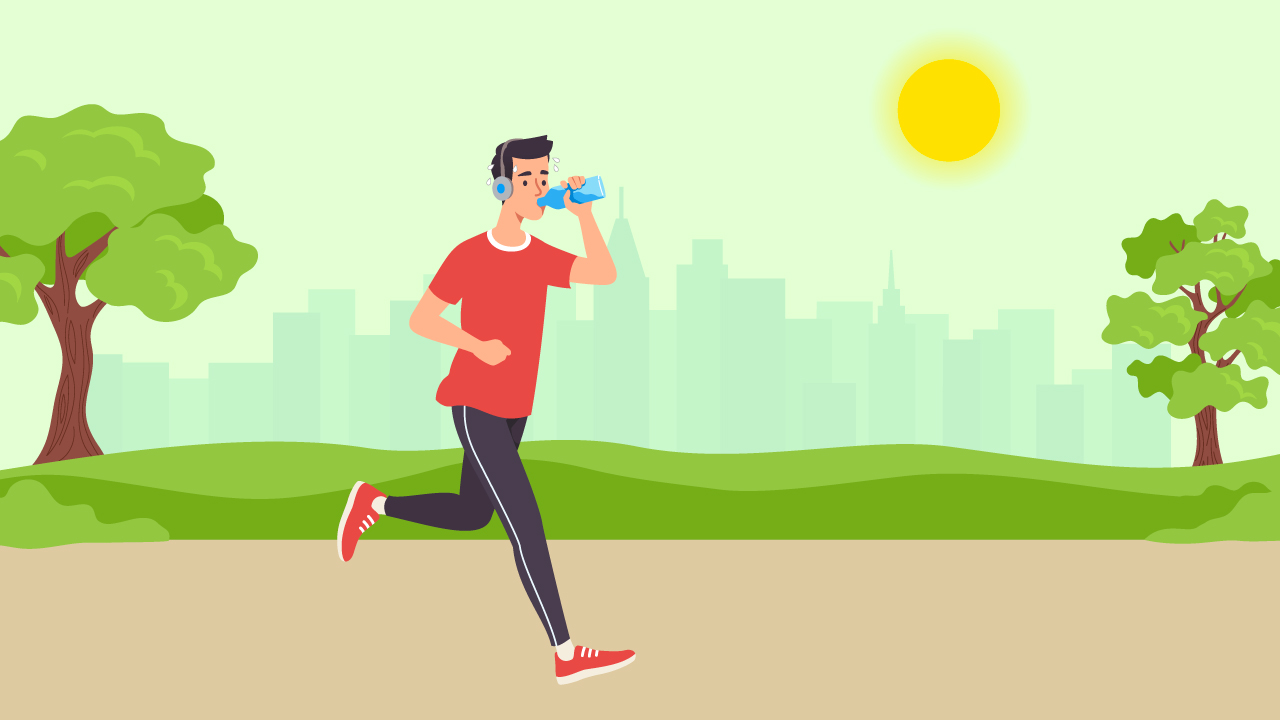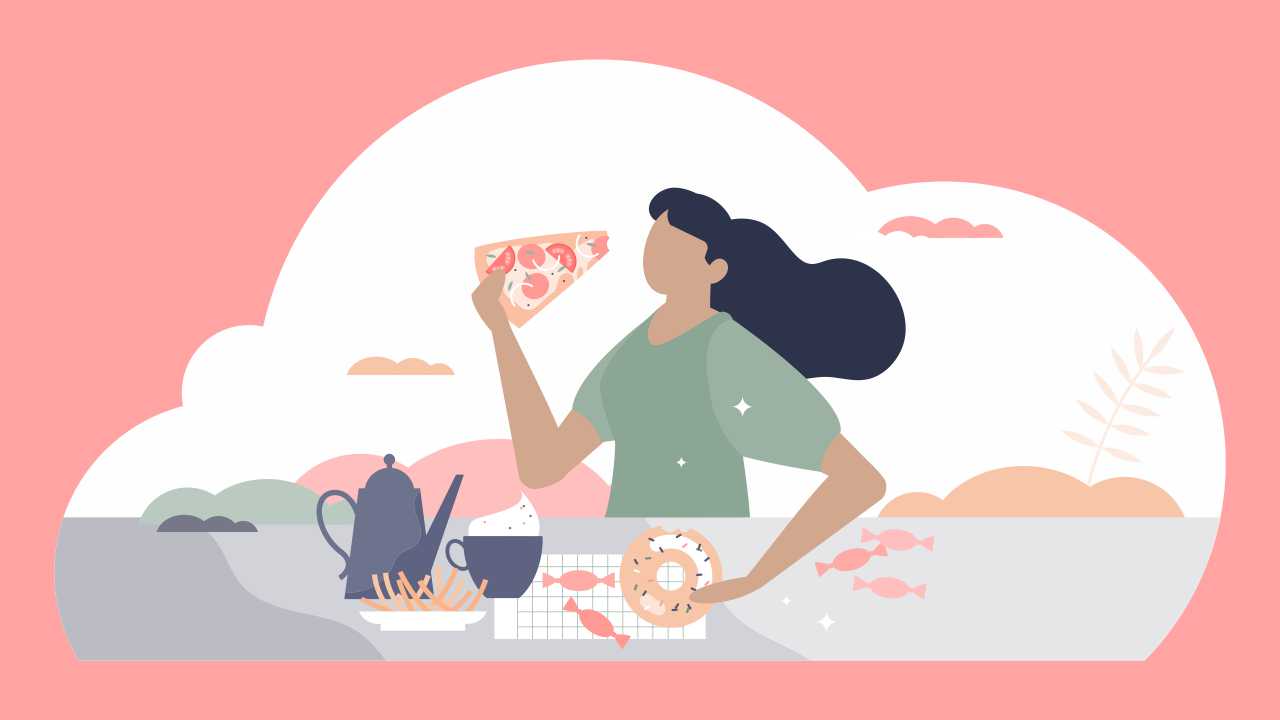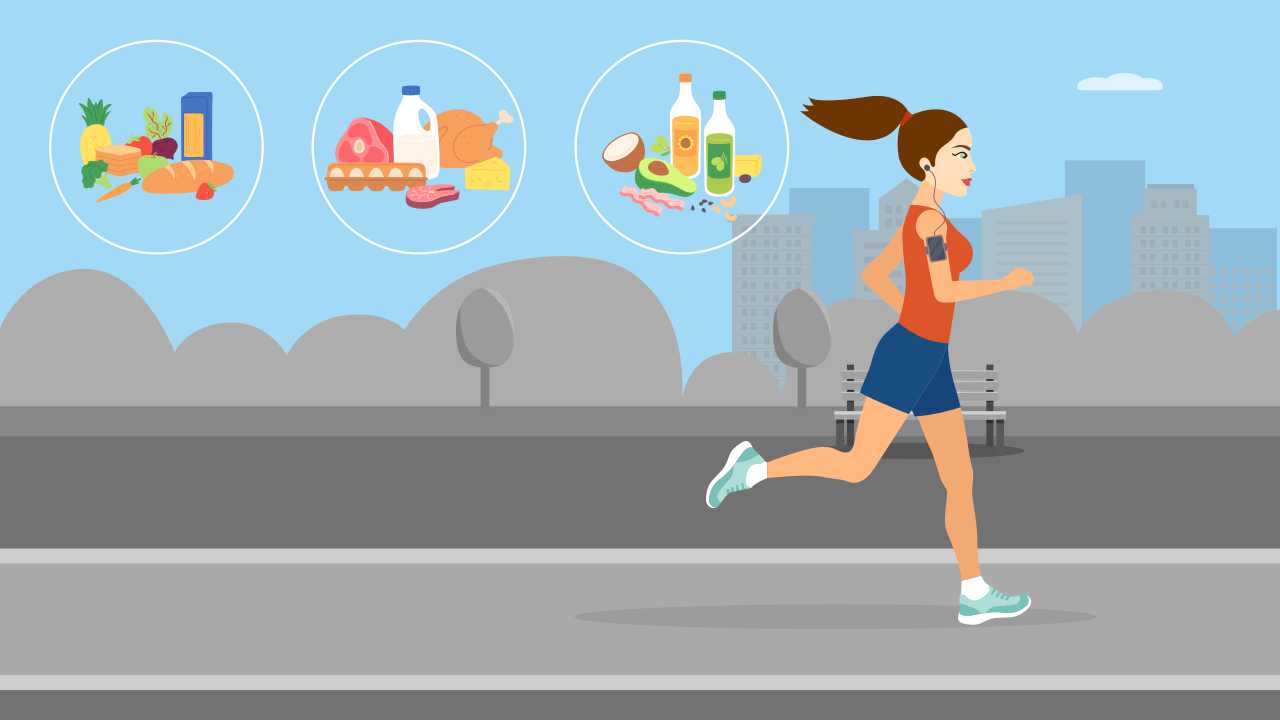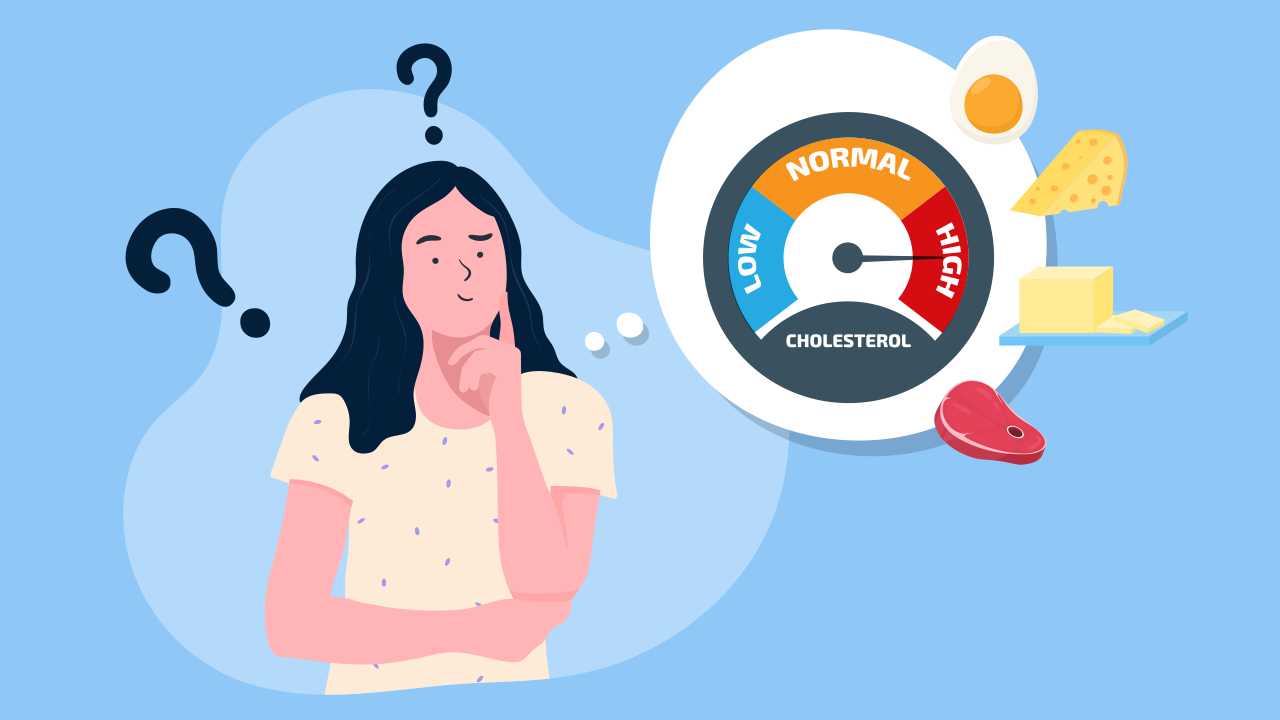
Benefits of Drinking Water and How to Increase Your Intake
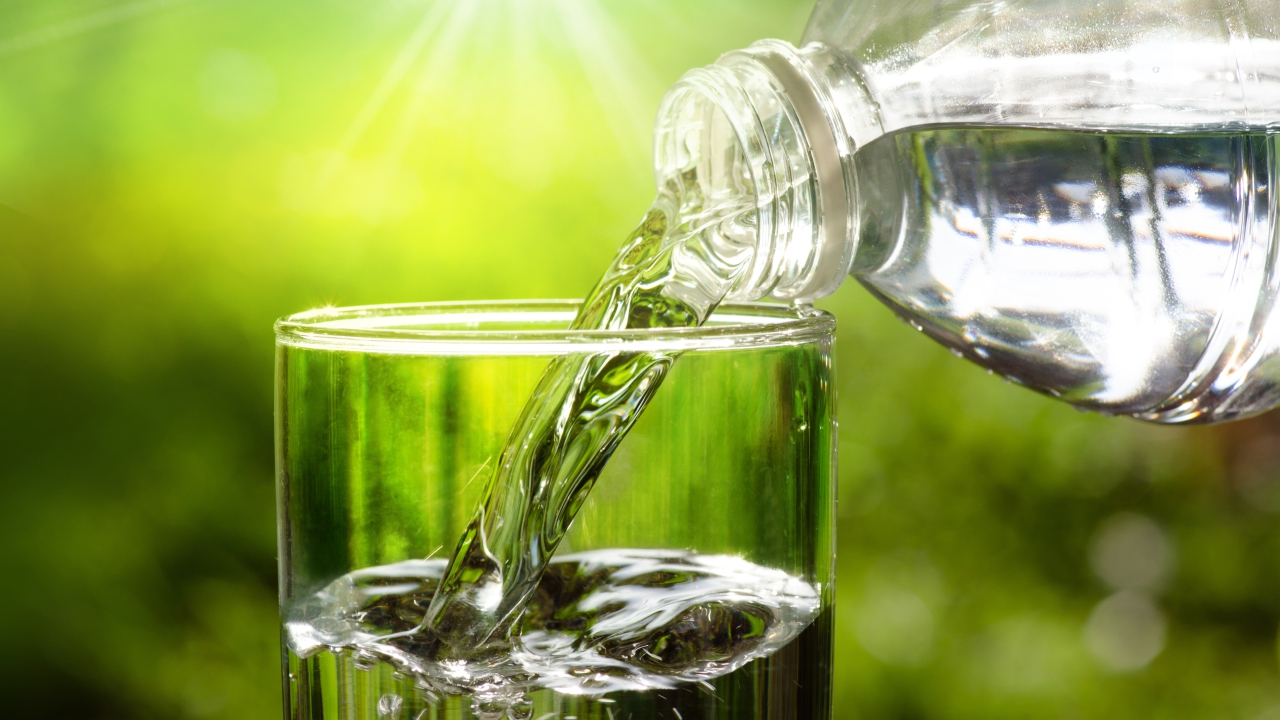
When we think of making lifestyle changes, we rarely think of improving our water intake even though 60 -70% of our body is water. Every single cell, tissue, and organ of your body needs water for optimal functioning. Drinking water is a daily necessity to stay healthy, as well as to replenish the fluids lost from the body through urine, sweat, and functions such as breathing.
What are the health benefits of drinking water?
Water is literally life-giving and plays a huge role in several functions of the body.
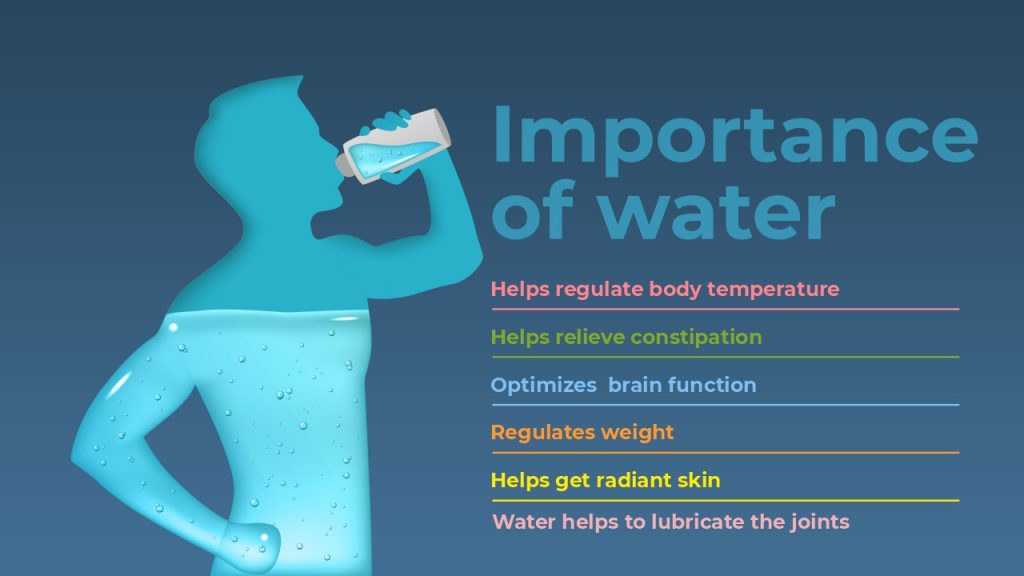
Here are some of the benefits of drinking water:
1. Helps regulate body temperature
The body loses water through sweat during any physical activity. The sweat keeps you cool as it evaporates (turns from liquid to vapor) from the skin. But if you don’t replenish it, your body temperature will rise, which can lead to fever and chills.
2. Helps relieve constipation
Constipation is a common problem that leads to infrequent bowel movements and difficulty in passing stools. The food we eat passes from the stomach to the large intestines or the colon. According to research, constipation is related to dehydration of the colon. If the body is well hydrated, less water is withdrawn from the colon, leading to softening of the stool and regularization of the bowel movement.
3. Optimizes brain function
Have you ever felt confused or dizzy without any obvious reason? It could be because you are not well hydrated. The human brain is composed of 73% water and research suggests that dehydration, which occurs when your body loses more fluid than what you take in, can disturb the water balance of the brain. This can lead to mood swings, mental fatigue, worsening of overall well-being, and a less clear mind.
4. Regulates weight
Adequate water intake can help you lose weight. Several studies have shown that inadequate hydration is associated with a higher Body Mass Index (BMI). Drinking adequate water increases the metabolic activity or increases the metabolic rate of the body. This increase augments the Total Daily Energy Expenditure (TDEE), which leads to weight loss. So, if you are trying to lose weight, increase your water intake to see the difference.
5. Helps get radiant skin
Your skin is made up of 64% of water and drinking adequate amounts help maintain good skin health. Water flushes toxins out of the body, which helps bring a radiant glow. A study conducted by the International Journal of Cosmetic Science found that drinking adequate amounts of water alters skin thickness and density, which makes it look plump and healthy. Even mild dehydration can lead to dull skin, wrinkles, pores, and acne.
6. Water helps lubricate the joints
Water is essential to keep your joints lubricated. It is an important component of the synovial fluid or the fluid of the joint. The synovial fluid lubricates and cushions the joints and the surrounding cartilages, which prevents the bones from rubbing together. Rubbing of bones can lead to issues such as pain, swelling, and loss of motion in the joints.
How much water should you drink?
According to the National Institute of Nutrition, daily water requirements vary across different age groups and it depends on your body weight. So, how much water should you drink?
- Children: less than 6 glasses
- Male: Adolescents: 6-10 glasses; Teenagers: 10-11 glasses; Adults: 11-14 glasses
- Females: Adolescents: 5-6 glasses; Teenagers: 7-8 glasses; Adults: 11-12 glasses
How to improve your water intake?
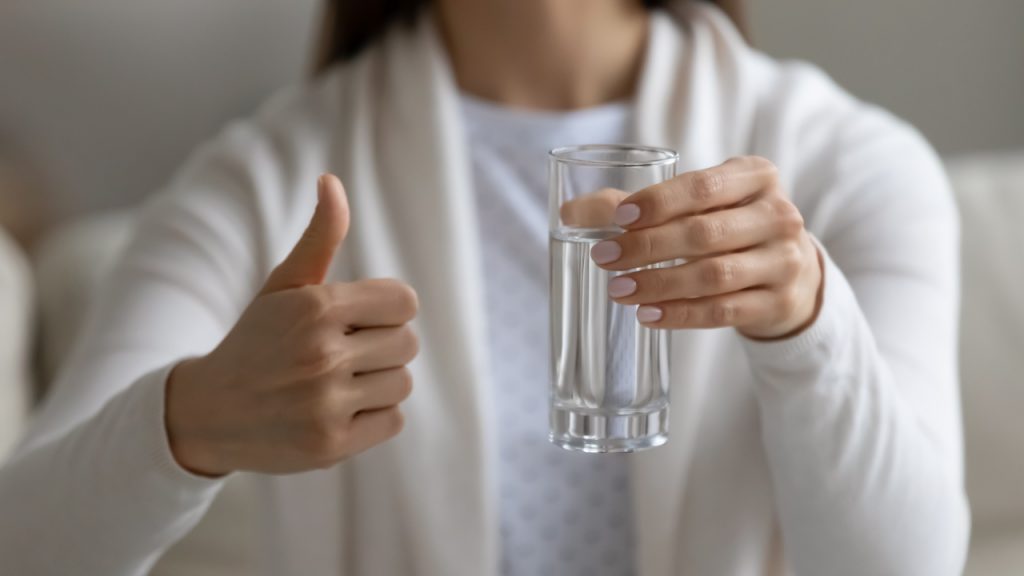
1. Sometimes, we just forget to drink water. Set up a daily water goal. Say, you are an adult female and need 10 to 12 glasses of water per day. Set up water alarms every 2 hours to consume a glass of water.
2. Avoid drinking sodas, juices, and any other sugary drinks. Instead, grab a glass of water.
3. If you don’t like the taste of water, just add a bit of flavor to help you drink more. Try making infused waters by adding pieces of fruits such as strawberry, orange or lemon to make it tasty.
4. Choose healthy beverages like homemade lemon water, green tea, and coconut water. This will help you keep hydrated.
5. In order to stay hydrated, try consuming foods that have a high water content like watermelon, that contains 92% water. Some other options are strawberry (91%), orange (88%), cucumber (95%), lettuce (96%), celery (95%), and tomatoes (95%).
6. Carry a bottle of water wherever you go, and sip your way to better health.
References
1. Dennis EA, Dengo AL, Comber DL, et al. Water consumption increases weight loss during a hypocaloric diet intervention in middle-aged and older adults. Obesity (Silver Spring) 2010; 18: 300–7.
2. Kempton MJ, Ettinger U, Foster R, et al. Dehydration affects brain structure and function in healthy adolescents. Hum Brain Mapp 2011; 32: 71–9.
3. Parretti HM, Aveyard P, Blannin A, et al. Efficacy of water preloading before main meals as a strategy for weight loss in primary care patients with obesity: RCT. Obesity (Silver Spring) 2015; 23: 1785–91.
4. Jeong JN. Effect of Pre-meal Water Consumption on Energy Intake and Satiety in Non-obese Young Adults. Clin Nutr Res 2018; 7: 291–6.
5. How much water should you drink? Harvard Health Publishing. https://www.health.harvard.edu/staying-healthy/how-much-water-should-you-drink (accessed Feb 16, 2021).


